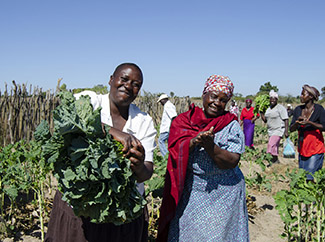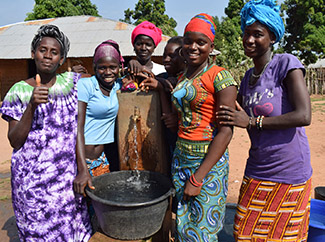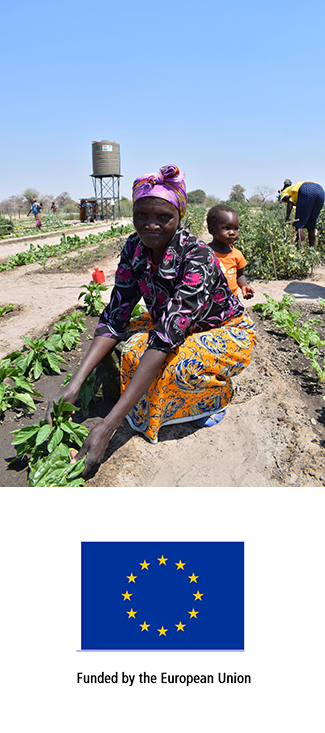consent_cookie
Duración: 1 year
Stores the user's cookie consent state
26-10-2021
A team from Humana People to People (HPP) attends COP26, which will take place in Glasgow starting on Sunday, to share the experience accumulated through the Farmers Club programs, establish ties with other entities and detect opportunities to continue promoting actions in favor of of adaptation and mitigation of the consequences of climate change.
The Humana delegation at COP26 will also promote the visibility of the Yunnan Low-carbon Schools Pilot Project that the Fundación Pueblo para Pueblo has been developing since last year in Yunnan province, China, with funding from the European Union and the collaboration of a prominent group of local organizations.
Farmers Club has a holistic approach and its purpose is to contribute to the fight against the challenges and threats that rural communities face as a result of climate change and the pressure on ecosystems and biodiversity. It works with small farmers and helps them sustainably improve their agricultural production and productivity. It also contributes to the development of their resilience against external impacts and the effects of climate change. In 2020 alone, these groups have had a positive impact on the lives of 85,000 small farmers and their families.
Here are some of the keys to the work of the members of Humana People to People in this regard:
* Local adaptation
Humana members focus on the local level through the implementation of Community Adaptation Action Plans. Locally led adaptation places decision-making in the hands of the most affected people, resulting in greater ownership of these adaptation plans.
* Transformation of farming systems and livelihoods
Members of HPP work to identify climate trends and projections and find appropriate adaptation solutions through the adoption of resilient agricultural practices, such as agroforestry, conservation agriculture, and the promotion of drought- and flood-resistant crops and varieties.
To increase resilience in the face of the changing environment and climate, access to small credits, grants, the development of climate-resilient value chains and the increase of local food processing and storage capacities are promoted.
* Addressing structural inequalities
Humana projects include all vulnerable groups (women, youth, the elderly, people with disabilities and ethnic minority groups, among others) in areas where local practices often exclude them from decision-making, access to services or training . Gender sensitivity also plays a fundamental role in the correct implementation of projects. Priority is given to enhancing the role of women and their integration into activities such as processing, marketing and growing vegetables.
* Strengthening of local structures
The projects build on existing structures at the community level, including village development committees, action groups, water user associations and producer organizations, among others.
Humana members view strengthening social capital as a key component of climate resilience and an essential measure for sustainability.
* Collaborative action
Faced with the growing impacts of climate change, a multisectoral approach is required more than ever, bringing together all interest groups and the creation of associations.
Humana members work closely with the respective National Authorities and Ministries in identifying and designing the most needed climate projects, as well as with local authorities in planning and implementation. Research institutions, communities and vulnerable groups are committed to identifying the most appropriate approaches and solutions. In addition, HPP members work with the private sector to facilitate access to microcredit and microinsurance, as well as access to markets.
Average results obtained in the Farmers Club
The evaluations of agriculture and climate change projects carried out by HPP members conclude with the following average results:


